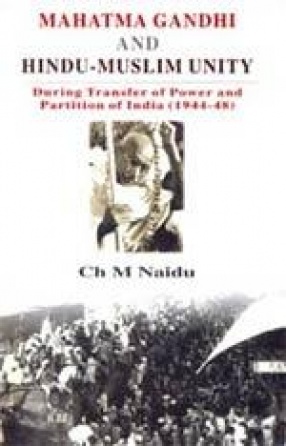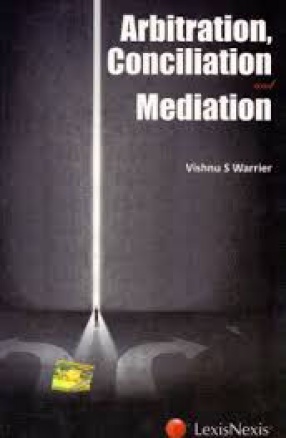Professor Naidu has selected for his research the lasts phase of Gandhi’s pursuit of freedom and as an integral part of that pursuit to bring the Hindu-Muslim schism to an end. The phase being after the Quit India movement was the last in the series of his civil disobedience movements that he launched. Historians and contemporary commentators interpret his change in strategy in not resorting to mass movements, as a very significant change in dealing with the tangled web of India’s freedom struggle. He plunged into direct negotiations with Jinnah (Sept. 1944) even as he (the Mahatma) was not even a member of the congress party. While this was not a fa?ade, he knew that he carried the Congress and a large section of the Indian political spectrum with him. These bilateral negotiations were a prelude to the subsequent talks between the antagonists (the Congress and the Muslim League), arranged through the initiative and intervention of the British government. These were the Simla Conference (1945), the Cabinet Mission’s efforts (1946) and finally the discussions on the Mountbatten Plan. Almost simultaneous to these moves occurred the horrendous communal riots between the Hindus and the Muslims and the Muslims and the Sikhs during which the Mahatma’s moral shield demonstrated what a one-man’s ethical verities could do to confront and contain the overflow of inhuman violence. Dr. Naidu dissects these events with praiseworthy probe into many original sources. Gandhi’s confidence in his moral mission as against the guiles of politicians like Jinnah and against the joining of conflicting forces of suspicion, intense all-round prejudice enveloping the communalized environment of Indian politics, and the sheer projection of sectional interests is brought out well be the author. Was Gandhi a mere political innocent taking on Jinnah? Was he being too-clever-by-half in embracing the de facto partition formula of Rajaji? Was he (Gandhi) mistaken in leaving Maulana Azad to handle the negotiations with the wily Jinnah? These and many other questions are discussed in analyzing the events.
Mahatma Gandhi and Hindu-Muslim Unity
In stock
Free & Quick Delivery Worldwide
Bibliographic information
Title
Mahatma Gandhi and Hindu-Muslim Unity
Author
Edition
1st ed.
Publisher
ISBN
8178271192
Length
xvii+222p., Notes; Bibliography; Index; 23cm.
Subjects






There are no reviews yet.